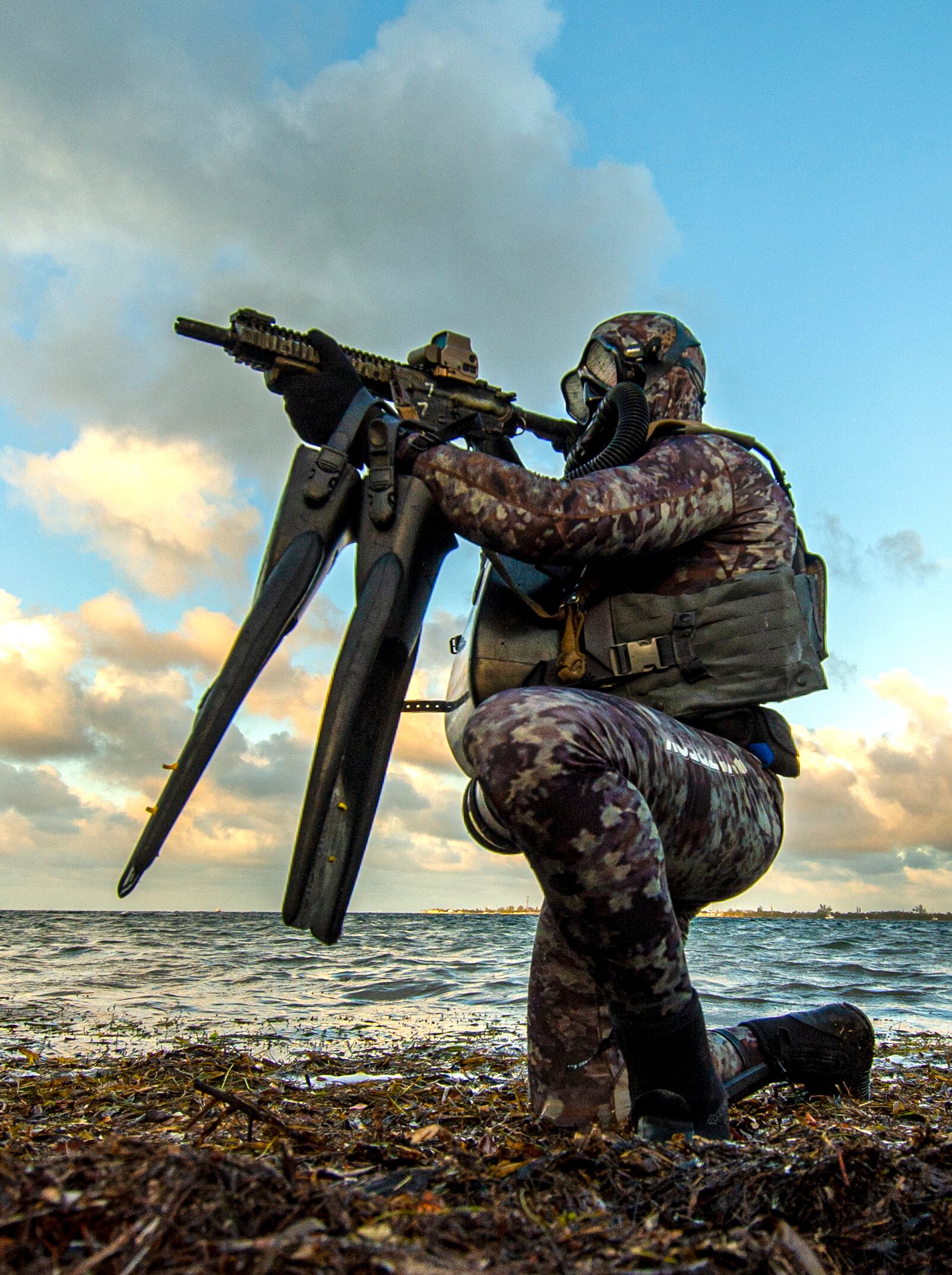The Navy wants to expand the number of Washington state parks available for SEAL training, but some advocacy groups are pushing back amid fears it will spoil the public’s enjoyment of the natural spaces.
SEALs are allowed to train in five western Washington parks under a system that’s been in place for more than 30 years. But under a proposal being considered by the Washington State Parks and Recreation Commission, the number of available parks would expand to 29.
The Navy’s current five-year state permit to conduct the training expires May 1.
Puget Sound, including the Hood Canal and the southwest Washington coast, provide unique and diverse coastal and tidal conditions that allow SEALs the chance to train for cold water operations in a realistic and challenging environment, Sheila Murray, a spokeswoman for Navy Region Northwest, said in a statement.
Expanding the number of sites would allow training teams to use each site less frequently, she said. Parks would not have to close for the training and support personnel would be on hand during each event to interact with the public, if necessary, she added.
The Navy’s application requests training blocks that would run two to eight weeks and involve up to 84 trainees and support personnel for events lasting between two and 72 hours.
Sites would be used “no more than three to 36 times a year,” according to the Navy’s application.
“All training activities would be non-invasive, and would not include using live-fire ammunition, explosive demolitions, off-road driving, manned air operations, digging, removing or cutting vegetation, tree climbing, construction, building campfires or infrastructure, or leaving human waste at any training site,” Murray said.
According to the application, the training would involve SEALs using unmanned submersibles and other watercraft to insert and extract from locations, plus diving and swimming, over-the-beach activities, surveillance and reconnaissance.
“Navy SEALs risk their lives for us, and we owe it to them to provide the best possible training,” Murray said.

But some groups are pushing back against the proposal amid fears that it would adversely affect everyone’s enjoyment of such public spaces.
Commission spokeswoman Anna Gill said the agency has received about 300 comments on the proposed expansion this month, “the majority of those opposed.”
“We’ve never received any complaints from the public about disruptions” caused by similar training in the past, she said.
The Whidbey Environmental Action Network started an online petition to rally the cause. It alleges that the expansion would entail “camouflaged troops” hiding in upland vegetation and “spying on park visitors.”
“Essentially this is war gaming,” the petition states. “Everything about this is wrong.”
It had 2,843 signatures by Thursday morning.
Officials with the group did not immediately return requests for comment.
The Navy’s application states part of the training would involve SEALs crossing a beach and then remaining “out of sight for several hours.”
“Most activities are to be carried out during hours of daylight, but with a main objective of this training to be the avoidance of detection, there will likely be minimal interaction with the public by trainees,” according to the Navy’s application.
Parks staff will make a report about the proposed training to the commission on March 12.
Go here to read more.
Geoff is the managing editor of Military Times, but he still loves writing stories. He covered Iraq and Afghanistan extensively and was a reporter at the Chicago Tribune. He welcomes any and all kinds of tips at geoffz@militarytimes.com.





